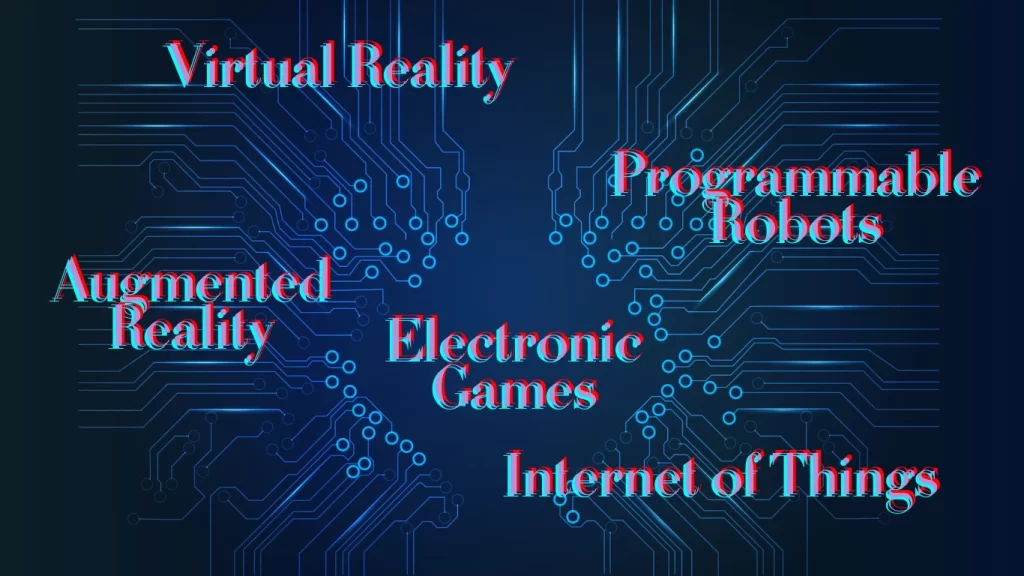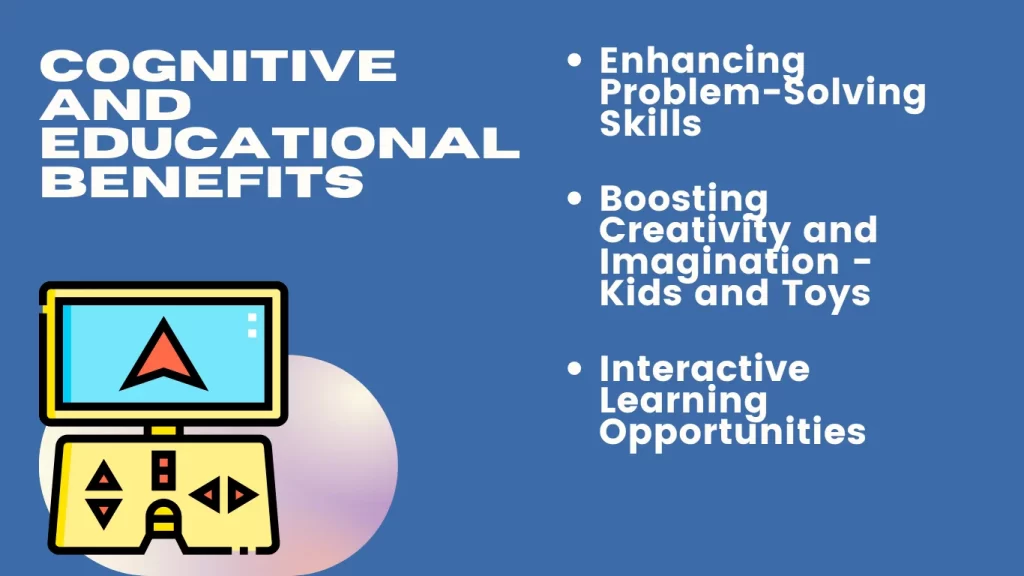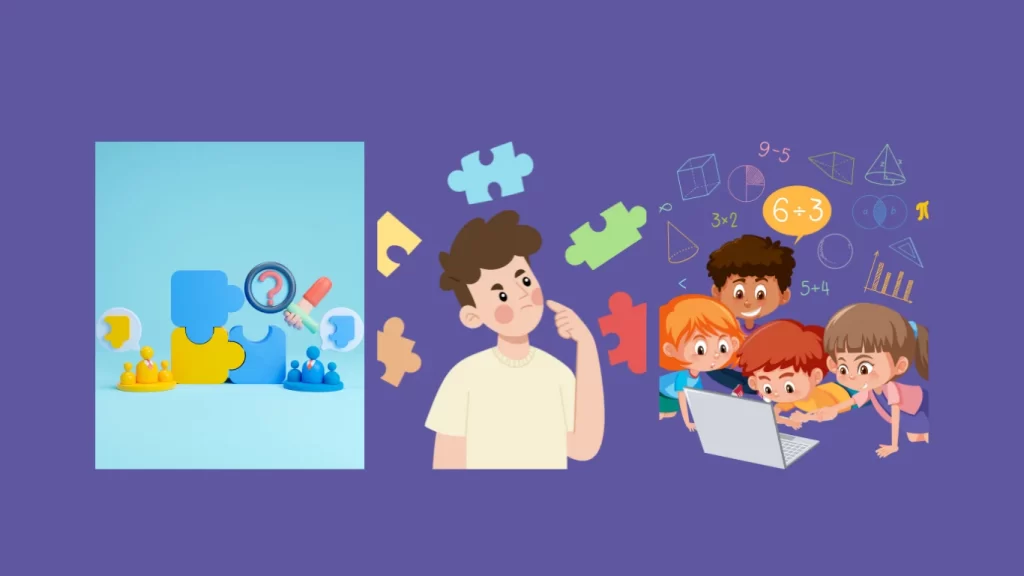In today’s rapidly advancing world, interactive tech toys have revolutionized how children play, learn, and grow. As we discuss the significance of these innovative toys, we will see that their impact on child development is profound and multifaceted. Integrating technology in children’s playthings is a trend and a shift in how we perceive playtime and education. These interactive tech toys for kids are designed to stimulate young minds, foster creativity, and encourage interactive learning experiences. By the end of this article, we aim to provide you with a well-rounded understanding of how interactive tech toys influence child development, providing you with enough information to make decisions about using these innovative educational tools.
The Rise of Interactive Tech Toys
Significant technological advancements have marked interactive tech toys, transforming traditional play into dynamic educational experiences. Here’s a closer look at how these innovations have developed.

- Introduction of Electronics to Toys In the 1970s and 1980s, the toy industry witnessed a revolution with the start of electronics into playthings. This era saw electronic games and programmable robots, which entertained and engaged children’s minds, introducing a stimulating blend of learning and play.
- Advancements in Electronic Games Handheld electronic games emerged as a significant innovation, offering new forms of play that could be enjoyed anywhere. Early games like ‘Simon’ and ‘Speak and Spell combined entertainment with educational value, laying the groundwork for the mobile gaming systems that dominate today’s market.
- Rise of Augmented and Virtual Reality Recent developments have seen augmented reality (AR) and virtual reality (VR) technologies creating immersive play environments. AR brings digital characters and stories to life, merging the physical with the digital, while VR allows children to explore virtual worlds, enhancing their learning and creativity.
- Internet of Things and Smart Toys The integration of the Internet of Things (IoT) technology has given rise to smart toys that connect to the Internet, learn from interactions, and provide personalized educational feedback. These toys offer tailored learning experiences, making them more than mere playthings but tools that enhance intellectual development.
- Educational Focus on STEM Today’s kids tech toys often focus on Science, Tech, Engineering, and Mathematics also known as (STEM) education. They encourage problem-solving and creativity, providing hands-on learning experiences that foster a love for technology and science. Toys like programmable robots and electronic building kits entertain and educate, bridging the gap between theoretical knowledge and practical application.
This transition from simple mechanical toys to complex, interactive educational tools illustrates the profound impact of technology on the toy industry and childhood learning experiences.
Cognitive and Educational Benefits

Enhancing Problem-Solving Skills
Interactive tech toys challenge children’s thinking and improve their problem-solving capabilities. For instance, educational apps and games present scenarios requiring children to think critically and devise solutions, enhancing their decision-making and logical reasoning skills. Robotics kits enabling children to build and program robots provide a hands-on approach to learning, fostering creativity and critical thinking as they figure out how to make the robots operate.
Boosting Creativity and Imagination – Kids and Toys
The integration of technology in toys has redefined the boundaries of creative play. Digital art tools and storytelling applications enable children to express themselves innovatively, from creating vibrant artwork to developing interactive stories. Such platforms encourage children to explore their artistic visions, experiment with different media, and engage in imaginative storytelling, nurturing their creative thinking and expanding their cognitive abilities.
Interactive Learning Opportunities
Interactive tech toys offer dynamic learning experiences that adapt to a child’s actions and inputs. Features like voice recognition and responsive feedback make learning engaging and cater to each child’s individual learning pace. By providing personalized educational experiences, these toys keep children motivated and invested in their learning journey, making education fun and effective.
Balancing Benefits and Drawbacks
Potential Drawbacks
While beneficial, interactive tech toys also introduce challenges that need careful management. Excessive use of these toys can lead to decreased physical activity and reduced face-to-face interaction with peers, potentially impacting social skills and physical health. Moreover, many electronic toys provide predetermined responses, which may limit children’s creative and imaginative play. This could inhibit their ability to think independently and develop unique play scenarios.
Striking a Balance
Establishing a balanced approach is crucial to mitigate the drawbacks while maximizing benefits. Setting clear guidelines for screen time ensures children have the opportunity for physical play and social interaction as well. Engaging with children during screen time can enhance the learning experience and provide safe technology usage. Additionally, incorporating a variety of both tech and non-tech toys encourages well-rounded development, fostering modern skills and traditional play values.
Choosing the Right Toys

Selecting suitable toys is key to fostering a beneficial play environment. Opt for interactive electronic toys that are not only entertaining but also offer educational value and are age-appropriate. Ideally, These child development toys should promote learning, encourage problem-solving and critical-thinking skills. Moreover, staying informed about the toys’ content is essential to ensure they align with family values and educational goals.
By carefully choosing toys and setting structured playtimes, you can ensure your children enjoy the benefits of both traditional and tech-based play, supporting their development in a balanced and healthy manner.
Closing Thoughts – Interactive Tech Toys
Throughout our exploration of interactive tech toys and their profound impact on child development, it’s evident that these innovative tools offer a blend of educational and developmental benefits that extend well beyond mere entertainment. From enhancing cognitive skills and fostering creativity to encouraging physical activity and promoting social interactions, tech toys have demonstrated their potential to mold and enrich children’s developmental journey. By integrating the essence of play with the leverage of technology, they prepare children for a tech-savvy future and equip them with essential life skills.
However, maintaining a balance between the benefits of tech toys and the potential drawbacks is essential. The balance ensures that the child’s developmental needs are met across all spectrums, supporting their growth into well-rounded individuals. As we move forward, the onus is on all stakeholders to continuously evaluate and adapt the use of interactive tech toys in children’s lives, ensuring that the potential of every child is fully realized in both the digital and the real world.
How do electronic toys impact a child’s language development?
Electronic toys may lead to less vocalization, less frequent talking, and a reduced variety of words in children. This is because these toys can distract children and parents, reducing chances for engaging in language-rich interactions.
How does exposure to technology affect a child’s brain development?
Technology exposure can potentially alter a child’s neural wiring. Frequent use of technology might condition the brain to expect constant visual stimulation and rapid shifts in attention while diminishing the need for imaginative thinking.
What are technology’s potential social and behavioural effects on children?
Technology use can lead to social and behavioural issues in children by reducing their time interacting with others. Parents should monitor their children’s use of social media, as well as the websites they visit and the games they play, to mitigate negative impacts.
How do toys contribute to a child’s cognitive development?
Toys are crucial in stimulating cognitive development in children by creating environments that encourage thinking, exploration, and problem-solving. Through play, toys help foster various thinking skills essential for a child’s growth.





